
Japan’s polite society and efficient systems make it seem like the perfect destination for solo female travelers. But beneath the pristine streets and orderly crowds lie surprising cultural nuances and hidden challenges that rarely make it into standard travel advice. Learn the 10 essential insights every female traveler should know before booking that ticket.
Women-Only Train Cars
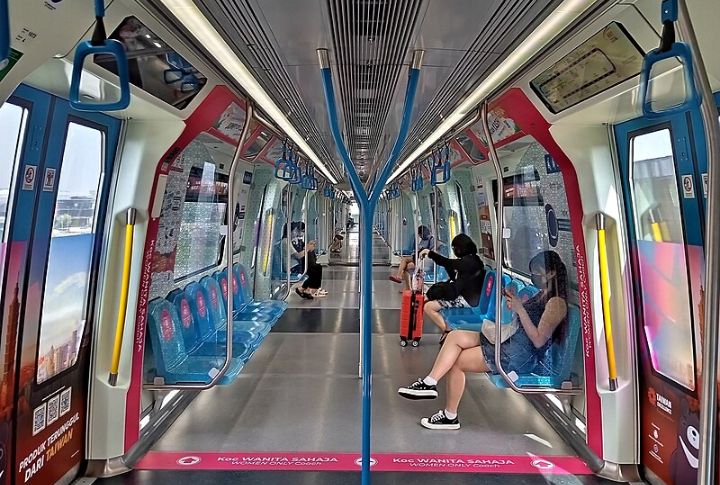
The pink-signed women-only cars on Japanese trains serve as safe havens during crowded commutes. Created to prevent any sort of harassment, these designated spaces welcome both Japanese and foreign female passengers. The special cars operate during specific hours, offering a reliable commute in busy cities.
Modest Fashion Norms

Japanese dress codes might surprise Western visitors. Despite popular media showing modern fashion, everyday style remains conservative. A modest dress code in Japan reflects social norms and offers sun protection, with women often choosing high necklines and covered shoulders. Those sporting shorter skirts usually add tights underneath.
General Safety And Low Crime
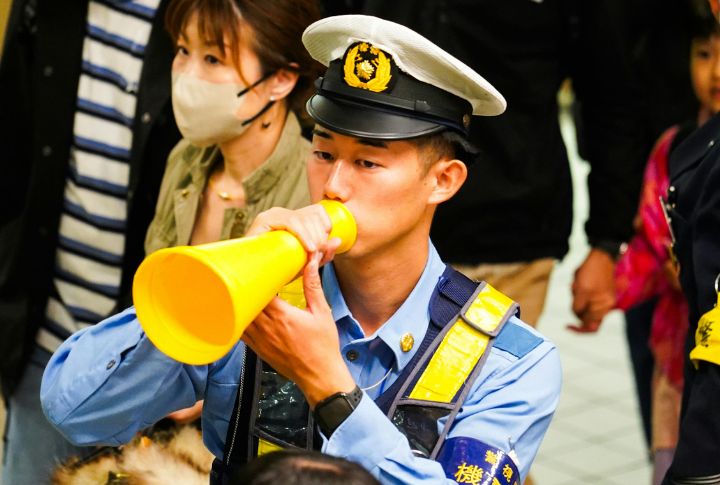
Solo female travelers will find extraordinary peace of mind in Japan’s secure environment. The country’s reputable safety record and helpful police force make it an ideal destination. Even lost possessions usually return to their owners through the reliable lost-and-found system.
Public Transport Etiquette
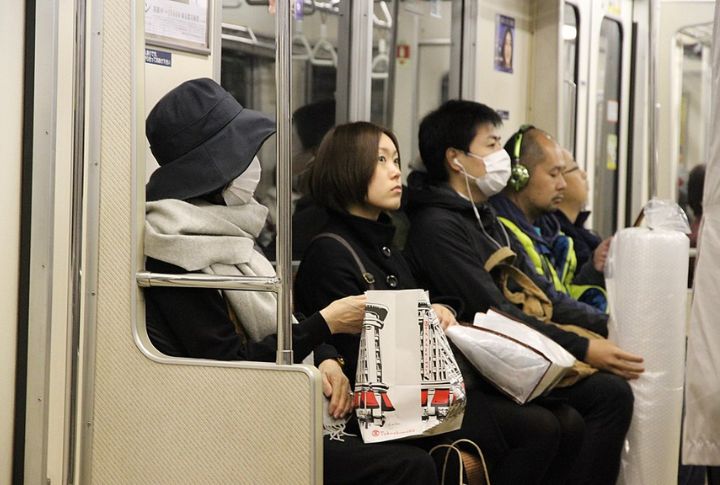
Many visitors learn Japanese transport etiquette through trial and error. Clear rules are applied: no raising your voice on public transport, no snacking during rides or walks, and phones must stay muted. When greeting others, a respectful bow is standard, though some may extend a soft handshake.
Staying In Female-Only Accommodations
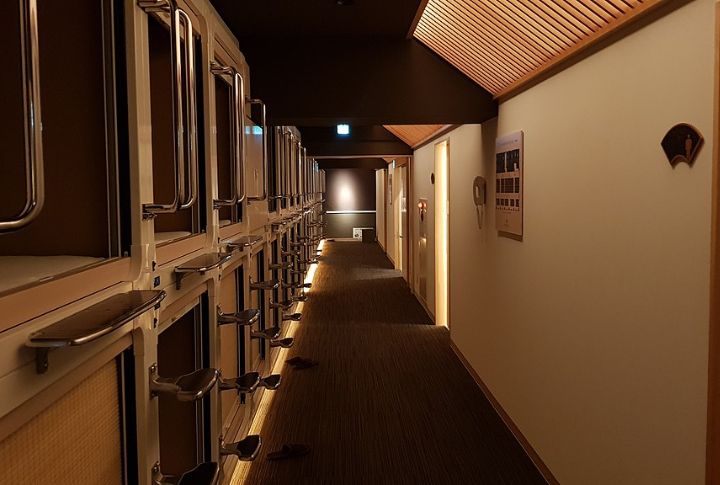
Women-only capsule hostels show Japan’s commitment to female traveler safety. Located in secure, illuminated areas of Tokyo and Osaka, these spaces provide exclusive floors for women. Guests receive convenient amenities like free pajamas and beauty products while staying in trusted, well-reviewed locations.
Natural Disaster Preparedness
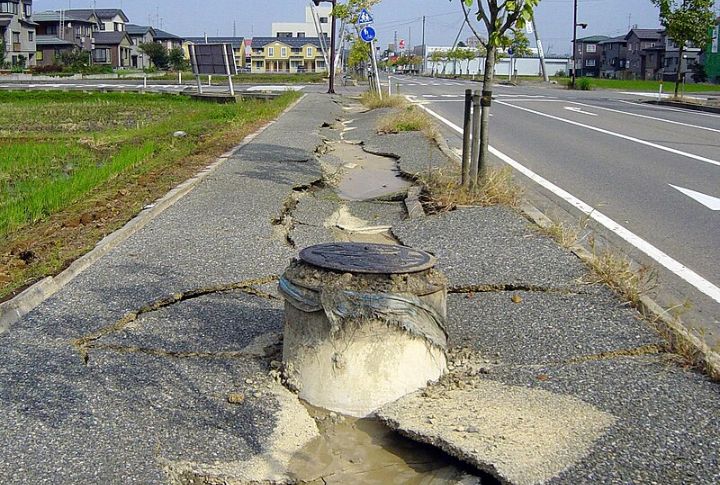
Every solo traveler needs to understand Japan’s natural disaster risks. Earthquakes strike without warning, and typhoons can trap visitors indoors. The locals maintain readiness through regular drills. Moreover, the Safety Tips app delivers essential alerts, helping tourists stay informed during emergencies.
Personal Space And Social Reserve
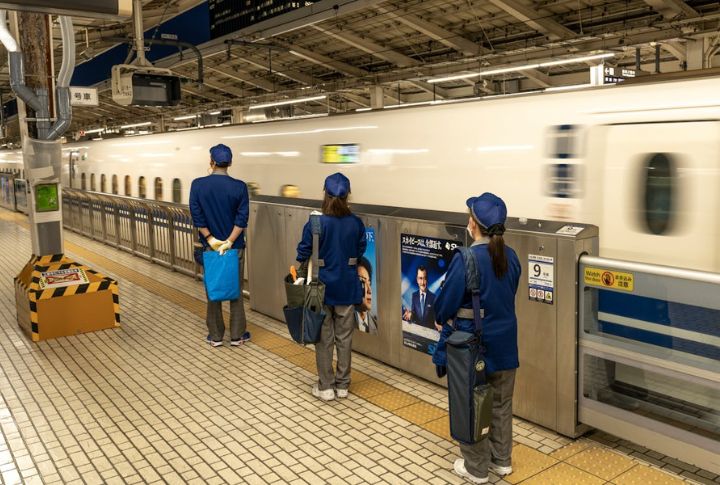
Personal boundaries in Japan differ significantly from Western norms. The culture’s natural tendency to avoid physical contact and maintain distance creates a respectful environment. For female travelers, this social reserve translates into peaceful, unobtrusive experiences throughout their journey.
Nightlife Districts and Vigilance
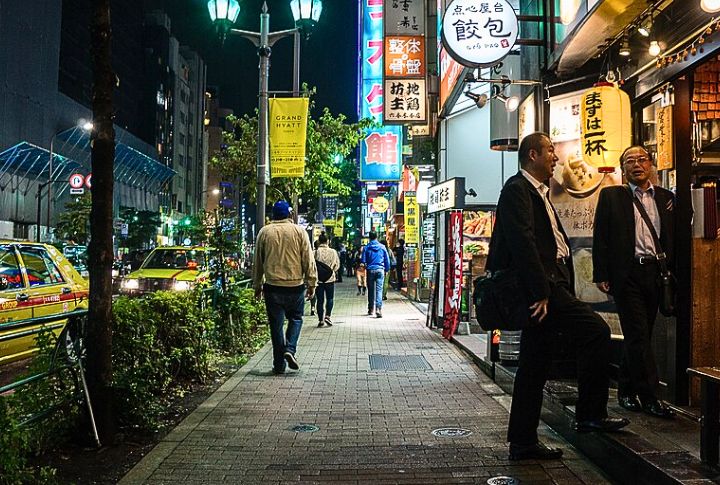
Many venues feature women-only spaces, but always keep drinks in sight and decline suspicious offers from strangers. Tokyo’s nightlife districts like Roppongi and Kabuki-cho offer safer experiences than many Western counterparts. While these areas maintain a generally positive atmosphere, basic safety practices remain essential.
Arriving During Daylight
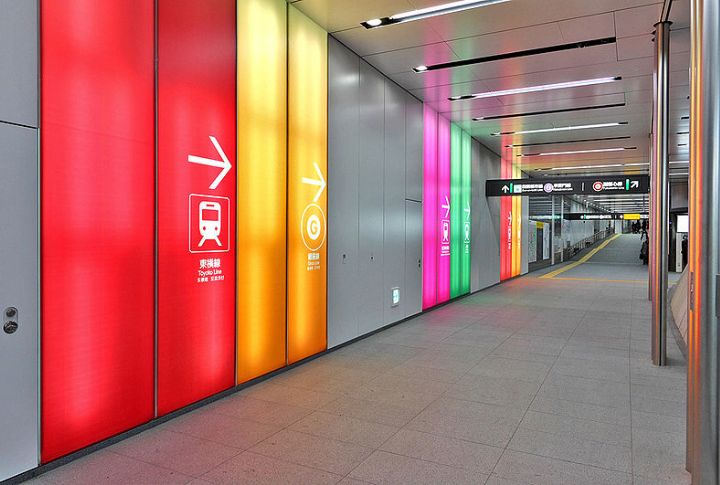
The sunlight reveals street layouts and landmarks that become obscure after dark. Though 24-hour convenience stores dot every corner, their staff rarely speaks English outside major cities, even. Color-coded subway systems make navigation easy, which is why smart travelers prefer arriving in Japan during the day—when it’s simpler to get around and ask for help if needed.
Protecting Your Belongings

Japan’s reputation for safety reassures visitors, yet smart precautions remain important. A hidden money belt secures travel papers, and anti-theft bags deter the uncommon pickpocket. Hostel lockers provide reliable storage, keeping belongings within reach in crowds, and ensure comfort.
